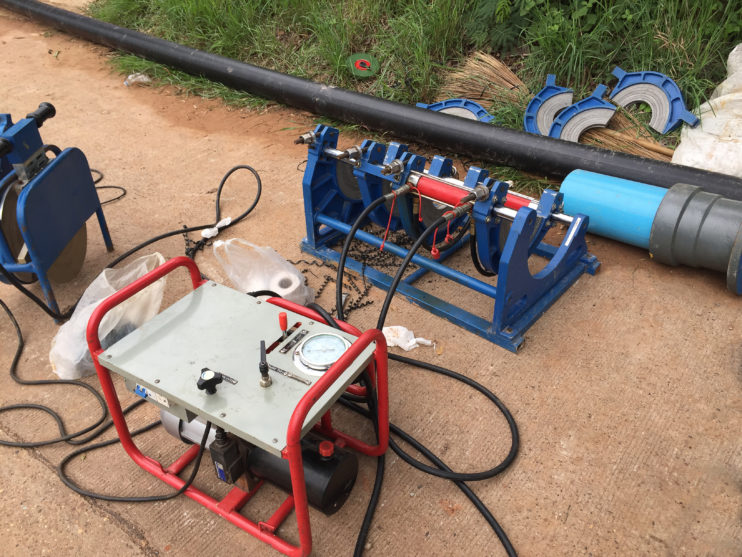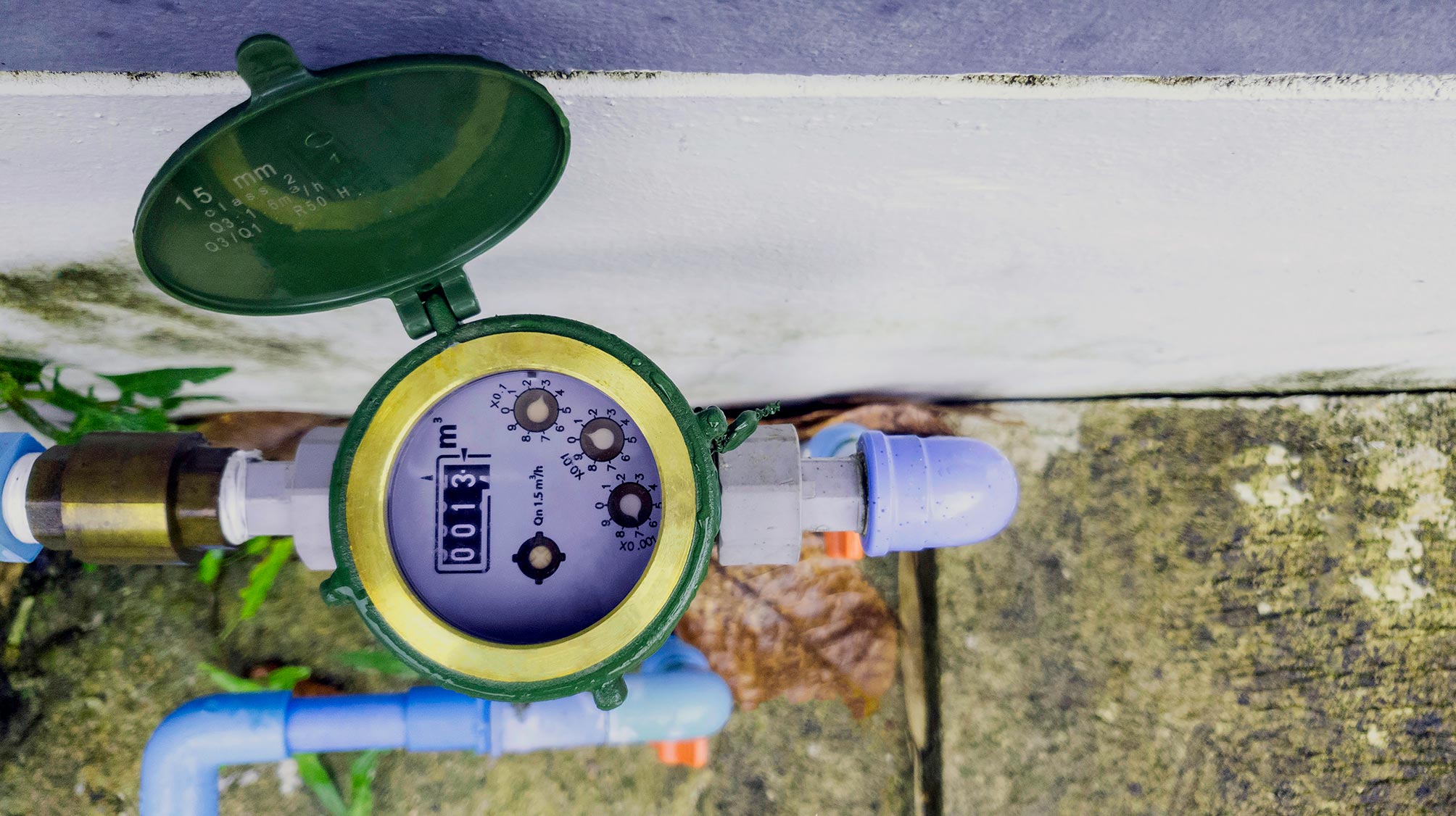Am Backflow Testing Required for My Water?
Am Backflow Testing Required for My Water?
Blog Article
Were you interested in answers on Backflow Prevention?

Yes, you need to backflow examination your house's water to ensure that the water is free of contaminants and also dangerous degrees of chemicals. Because of the devices needed and also area for mistake, you need to not try to perform backflow testing on your own. We recommend that you call a professional plumber every couple of years to test your water.
Heartburn Can Influence Both You and also Your City
Due to the fact that harmful backflow can affect the public water supply in enhancement to a single structure, several cities establish heartburn guidelines. Thankfully, contemporary cities have backflow devices in place that protect the water system that originates from many houses and industrial residential properties. The real hazard comes from irrigation systems, which can damage the supply of water with poisonous plant foods, manure, and various other chemicals.
What Creates Backflow?
A common reason of backflow is a loss of water pressure that causes the water to siphon back into the water supply. After some time, there is a loss in water pressure and the hose pipe starts to draw the water back into the water supply. As you can imagine, there are currently chemicals from the paint that are going into the water supply, possibly positioning a danger.
Backflow Testing is Required by Regulation in Certain Cities
Relying on where you live, you may really be called for by law to backflow test your legislation. For example, Iowa City maintains a document of all residential properties served by the city's water supply. The city requires that particular "high-hazard" centers undergo heartburn testing. In some cases, houses such as homes and apartment are affected.
You Can Protect Against Heartburn
If you have a specialist plumber install a heartburn device, harmful backflow is quickly preventable. If there is an active threat, the plumber will certainly additionally check for heartburn and determine. The major objective of a heartburn device is to prevent water from streaming in reverse into your water supply. Plumbing technicians mount the device on the pipelines in your home to make sure that the water only flows in the right instructions.
What is Backflow?
Basically, heartburn is when water moves upwards-- the contrary direction in the plumbing system. This is additionally referred to as "backpressure." When the water moves in this direction, it can mix with harmful toxins and also pose a danger.
Call a Plumber to Test for Heartburn Before It is Far too late
While it might sound grim, infected water can cause dreadful bacterial as well as viral infections that are difficult to treat. If there are any kind of hazardous chemical levels, a plumbing firm can promptly test your residence's water to identify. If you can avoid the anguish that comes from drinking contaminated water, the tiny investment is. And if you do discover that your water has high degrees of toxic substances, a plumber can conveniently mount a heartburn avoidance tool.
Yes, you need to backflow test your house's water supply to make sure that the water is cost-free of contaminants and also damaging levels of chemicals. Numerous cities develop backflow guidelines since harmful backflow can impact the public water supply in enhancement to a solitary structure. A regular cause of backflow is a loss of water stress that triggers the water to siphon back right into the water supply. After some time, there is a loss in water pressure and the hose begins to draw the water back right into the water supply. The main objective of a heartburn gadget is to prevent water from moving backward right into your water supply.
WHY DOES BACKFLOW TESTING NEED TO BE DONE EVERY YEAR
What Is Backflow?
Toxic gas backing up into a building is one example of potential backflow issues, but backflow can occur in many other ways.
Backflow is generally referred to as the reversal of a liquid or gas in a plumbing system.
Most issues for the public occur with backflow resulting in contaminated drinking water. If you look up backflow issues online you’ll probably find references to “potable” water. That means drinking water.
There have been backflow issues in the past with drinking water. Chemicals, sewage and other contaminants have found their way into drinking water causing health issues for those that count on the fresh water.
What Causes Backflow?
In a residence or commercial building water generally flows one way. This normal flow is usually driven by consistent pressure in the water and waste system.
Anything that changes the normal pressure in the system can lead to backflow.
Fire hydrant use or malfunction can reverse the normal pressure in the system on a city line, but backflow can occur in a number of different ways.
Sometimes backpressure might be caused by someone using a garden hose and submerging the end of the hose in a pool of liquid. If pressure is lost the flow could reverse and contaminants could be released into the drinking water.
Anytime there is a connection between contaminants and the drinking water there is potential for a backflow issue. Sometimes these connections are not immediately obvious like the garden hose connecting to a building’s drinking water supply.
Backflow Regulations
The Environmental Protection Agency (EPA) provides guidelines and regulations for state and local governments regarding backflow. State and local governments also have their own guidelines and regulations for backflow prevention.
Arizona has its own backflow regulations.
Due to issues with backflow in the past, regulations require backflow preventer devices to be used in nearly all residential and commercial buildings.
A backflow preventer is a device that prevents backflow as cross-connection points where potential backflow issues may occur.
While backflow is not a common occurrence, preventers are in place to make sure there is no contamination should something malfunction or go wrong with a building’s water supply.

Do you like reading about Backflow Testing? Create a remark down below. We would be interested to hear your opinion about this blog post. In hopes that you come back again before long. Please take a moment to promote this article if you liked it. I cherish reading our article about Is backflow testing necessary?.
This Page
Report this page